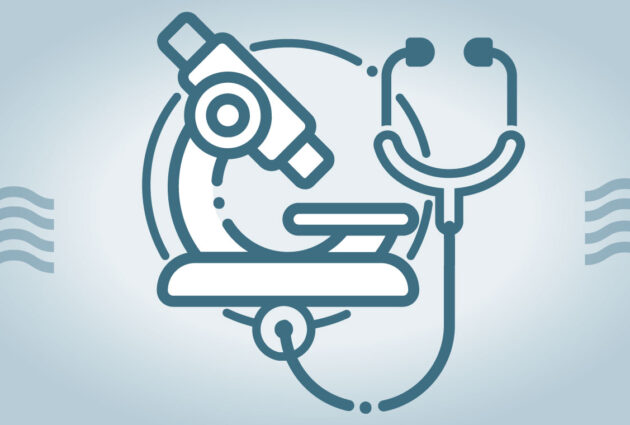Identifying the Mechanisms of Nerve Regulation of Heart Regeneration
The limited capacity of the adult heart to repair itself represents a major barrier in cardiovascular medicine and often leads to heart failure. Our research shows that it may be possible to improve the function of the heart muscle after infarction, which is good news for people who have systolic heart failure.
– Dr. Ahmed Mahmoud
At a Glance
Heart failure continues to be a major health issue in the United States, characterized by 6 million adults affected in the years 2015-2018, according to the American Heart Association. Ischemic injury is caused by the absence of or diminished flow of blood, which can lead to heart disease and heart failure that affects the function of the heart by reducing its ability to pump blood effectively. This project explored new strategies to repair the adult human heart following injury caused by heart disease, which can cause irreversible loss of part of the heart muscle. The research team identified mechanisms that occur in heart regeneration in newborns that could be applied to adult hearts in order to aid in cardiac regeneration. These data support the possibility of people regaining cardiac function after injury.
The Challenge
It is known that a metabolic switch occurs in the heart after birth, which contributes to the loss of capacity for cardiac regeneration. However, it is uncertain which mechanisms regulate that metabolic switch. Thus, further research is needed into how this switch can be altered in order to maintain the ability of the heart to regenerate after injury.
Project Goals
The goal of this project was to define the interplay between nerves and metabolism and how they contribute to heart regeneration following ischemic injury, which is caused by diminished or absent blood flow. By defining these mechanisms, the researchers sought to reveal novel pathways in mammalian heart regeneration that can be potentially targeted therapeutically, as well as gain understanding of how the heart can heal itself following injury at the molecular and cellular level to see if there is a way to restore cardiac function to an earlier state.
Results
The research team identified that inhibition of the mitochondrial enzyme complex succinate dehydrogenase can promote a metabolic state similar to neonatal mice, which induces adult heart regeneration following injury. These data suggest that mechanisms that control newborn heart regeneration may help in restoring cardiac regenerative abilities in the adult heart.
Lasting Impact
Dr. Mahmoud and fellow UW-Madison researchers received a WARF Innovation Award for their work focusing on renewing and regenerating heart tissue. Read more about the WARF Innovation Award
Learn more about how a metabolic switch may regenerate heart muscle

